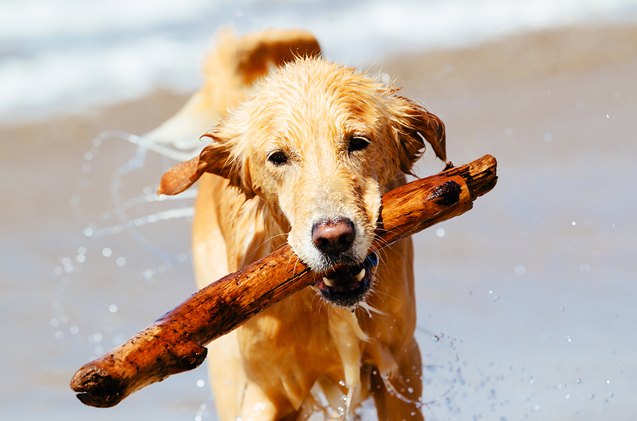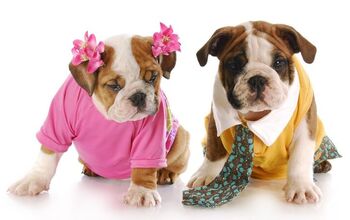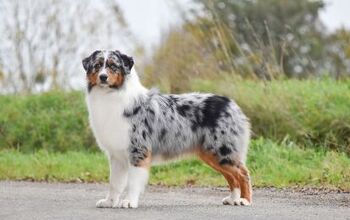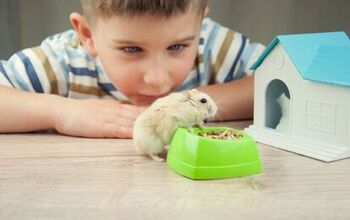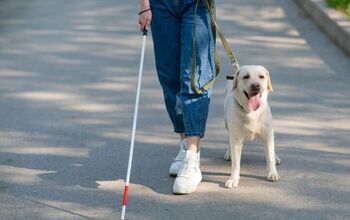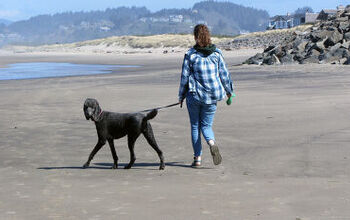Study: Fetching Can Be Hard On Retriever’s Joints

Retrievers are known for their energy, ease of training, peaceful relations with other pets, and cheerful temperament — as well as their love of a good game of fetch.
Owing to their genealogy, retrievers have been bred through the generations to be hunting dogs. This DNA gives retrievers their name — they very literally are exceptional at bringing objects back to their owners.
But a new study by the University of Veterinary Medicine in Vienna, published in the journal BMC Veterinary Research, warns dog owners to be wary of their retriever’s joints and tendons when playing fetch with heavy objects or expecting their dogs to retrieve their hunting quarry.
Researchers found that while retrievers are suited for retrieving objects as heavy as waterfowl birds and small game, the weight of these objects causes the dog to tilt forward like a seesaw when the object is in the dog’s mouth. This strains the dog’s joints and tendons.
As a result of the study, researchers recommend retriever owners have their dog’s joints checked regularly by their veterinarian — particularly if the dog is used for hunting, competition, or another avenue of service — and to adjust weights per dog size used to train hunting dogs. Puppies should not be forced to retrieve an object that is the same weight as used to train adult dogs.
If your retriever is a family dog, just keep in mind the weight of the object used during a game of fetch. The lighter the object, the less strain it has your dog’s joints.
Don’t feel as if you can’t play fetch with your dog. Rather, it’s important to take care of your dogs no matter what their purpose or their breed’s limitations. It just so happen that a retriever’s love of fetching also happens to be its weakness.

Rita Brhel is a freelance writer with a huge heart for animals that she's passed on to her 3 children. Rita herself has a cat named Tippy (in photo) and 4 finches. Her 3 kids and husband share an additional 3 cats, 3 small parrots, 3 rabbits, 5 pigeons, 8 chickens, and 2 ducks on their acreage near Hastings, Nebraska, USA. She has experience with a lot of different species of pets of her own, has worked a 1-year stint in a vet clinic as part of a hands-on journalism project, and has been a foster pet parent for an animal shelter. Each of her children dream of careers working with animals, and Rita wholeheartedly supports them!
More by Rita Brhel



